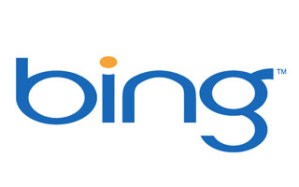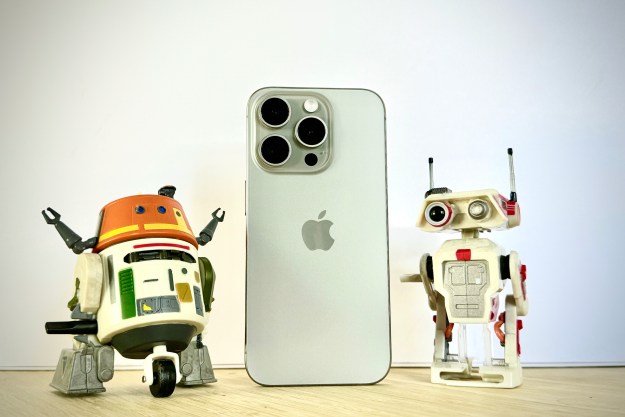
Nokia announced today that it is acquiring small mobile analytics firm Motally for an undisclosed amount. Although Motally has just eight employees, Nokia apparently has grand plans for the technology, which enables developers and publishers to actively measure how people use their applications and content—tracking things like button taps, clicks, searches, time spent in particular areas, downloads, and what application features users tap into. Analytics information like that is often critical for helping developers understand what users like about applications, what they find confusing, and what they outright ignore. Of course, without anonymization, analytics data can also be a tremendous invasion of privacy, tracking users’ actions with applications and content in minute detail. Nokia plans to adapt Motally’s analytics platform for its Qt development environment, along with services for Symbian, Java, and Meego platforms.
In the meantime, Apple has announced the shutdown of Quattro Wireless, the mobile advertising company it bought at the beginning of the year essentially as a runner-up when Google beat it to a deal with AdMob. This week, Apple sent a letter to Quattro clients saying Quattro’s existing mobile advertising network will shut down on September 30 in favor of Apple’s new iAd platform. Apple’s iAd platform only works on Apple products—the iPhone, iPad, and iPod touch—where Quattro Wireless also targeted Android devices. The shutdown of Quattro may create new opportunities in the non-Apple mobile advertising space, and many industry watchers have offered mixed or negative reactions to Apple’s iAd platform: while the technology is engaging, advertising is about reaching as many eyeballs as possible, and advertisers don’t want to leave non-Apple platforms out of their efforts—particularly with Android’s current market momentum.
On the search—and search advertising—fronts, Yahoo has announced that it is continuing to transition the back end of Yahoo Search over to Microsoft’s Bing platform as part of the companies’ ten-year partnership agreement on search. According to Microsoft, Bing will start handling organic English language search results in the U.S. and Canada shortly; when the transition completes, Bing will be handling about 5.2 billion monthly searches representing almost one third of U.S. search traffic. Most of the other two-thirds is, of course, Google.
Yahoo also says a portal for Yahoo Search Marketing customers to transition over to Microsoft AdCenter will debut shortly. The portal will enable Yahoo search advertising customers to transition their campaigns to AdCenter, or link themselves up with an existing AdCenter account. Yahoo is testing the portal with a small number of accounts now, and plans to notify customers via email once the portal goes live. Yahoo hasn’t said when it plans to transition search customers over to AdCenter, saying only that they’ll should be moved over in 2010 “while protecting the holiday season.” However, if they encounter problems—or, as Yahoo puts it, “we conclude we could improve the overall experience”—search marketing customers may not be transitioned to Microsoft AdCenter until 2011.


